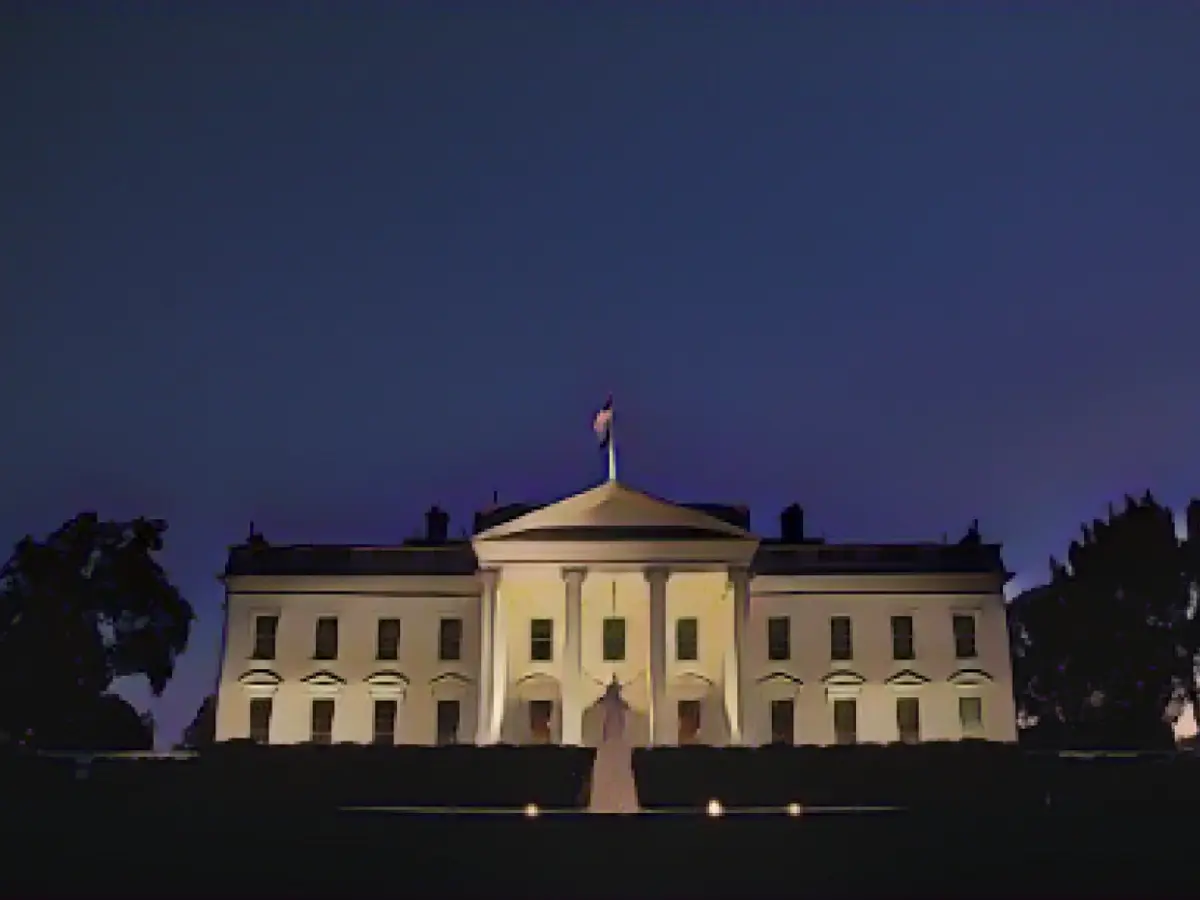After recent revelations, it's crucial to examine the limits of a president's powers, especially concerning unclear emergency provisions that might threaten American citizens' constitutional rights. This unease stems from discussions surrounding secret presidential actions and the possibility of misuse of such powers.
The specifics of 'Presidential Emergency Action Documents' (PEADs) remain shrouded in mystery, but their potential to encroach upon civil liberties is a valid cause for concern – by both the populace and their elected officials.
Although information on PEADs is scant, their implications are substantial if not properly regulated:
- Crunch Time for Civil Liberties: Invoking emergency powers leveraged by PEADs could result in the suspension of fundamental freedoms, such as freedom of speech, assembly, and the right to a fair trial. The broadness of emergencies declared or the sneaky oversight of PEAD-driven actions could spark unease if the declaration is excessive or regulations evade comprehensive scrutiny.
- Executive Overreach: Employing PEADs could lead to the accumulation of significant executive power in the President's hands, potentially circumventing congressional oversight and judicial review. Eroding the system of checks and balances guaranteed in the United States Constitution is a potential consequence of this escalation in power.
- National Security Spectacle: PEADs might encompass directives related to national security, which could be classified and immune from public scrutiny. Lack of transparency could fuel public fears of possible misuse of power and a threat against individual freedoms.
- Judicial Hurdles: The Supreme Court has historically shown reluctance to grant widespread emergency powers to the President, as demonstrated in the Youngstown Sheet & Tube Co. v. Sawyer (1952) case. However, the specifics and application of PEADs could still pose challenges to judicial review and safeguarding constitutional rights.
In principle, PEADs are cleverly crafted to maintain national security and government continuity in the face of calamitous events. But, striking a balance between the need for a swift response with preserving individual liberties necessitates caution and necessary regulation. Establishing proper oversight mechanisms is essential for ensuring that emergency measures align with the severity of the crisis and avoid overstepping boundaries.







